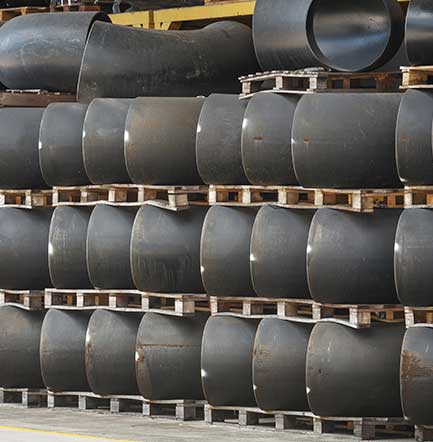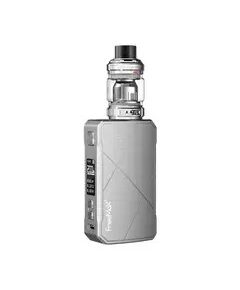Pipe fittings join sections and direct flow across various metal work systems. A tight and secure fit helps avoid leaks during regular use. Material match, thread type, and finish all play a part in performance. Project planners often check product quality and range from a fittings supplier in Dubai before ordering.
Precision in product dimensions:
Fittings must match pipe sizes and thread patterns exactly. Even a small mismatch can cause misalignment or looseness, leading to leaks or pressure drops. A supplier who maintains strict controls on manufacturing tolerances reduces the risk of such issues. Each fitting should meet recognised size standards, so it fits properly in place without over-tightening or additional adjustments.
Material quality and compatibility:
Fittings come in various materials such as carbon steel, stainless steel, brass, and plastic. Each application has different working conditions like high temperature, corrosive fluids, or heavy load. A good supplier provides fittings made from materials that are tested and suited for such tasks. Matching the fitting material to the pipe and fluid helps reduce wear and prevent early failure.
Variety of fittings and connection types:
Industrial systems use different types of fittings, including elbows, tees, reducers, and couplings. Threaded, flanged, compression, or welded ends are selected based on pipe types and installation methods. A supplier with a wide product range allows for complete system assembly using fittings that are designed to work well together.
Adherence to industry standards:
Fittings must follow recognised standards such as ASME, ASTM, DIN, or ISO. These standards ensure consistency in thread pitch, wall thickness, and pressure ratings. A supplier who consistently meets these standards helps installers and engineers maintain safe connections and simplify system planning.
Availability and delivery:
Delivery timing influences how quickly projects move forward. A supplier who keeps standard fittings in stock and handles delivery within agreed timelines avoids unnecessary delays. In larger or long-term projects, regular supply schedules and restocking arrangements support continuous work without interruption.
Technical documents and support:
Some installations entail detailed material certificates, test reports, or product datasheets. A supplier who provides this information supports better record keeping and helps trace product batches when necessary. It also supports compliance with safety or inspection guidelines.



